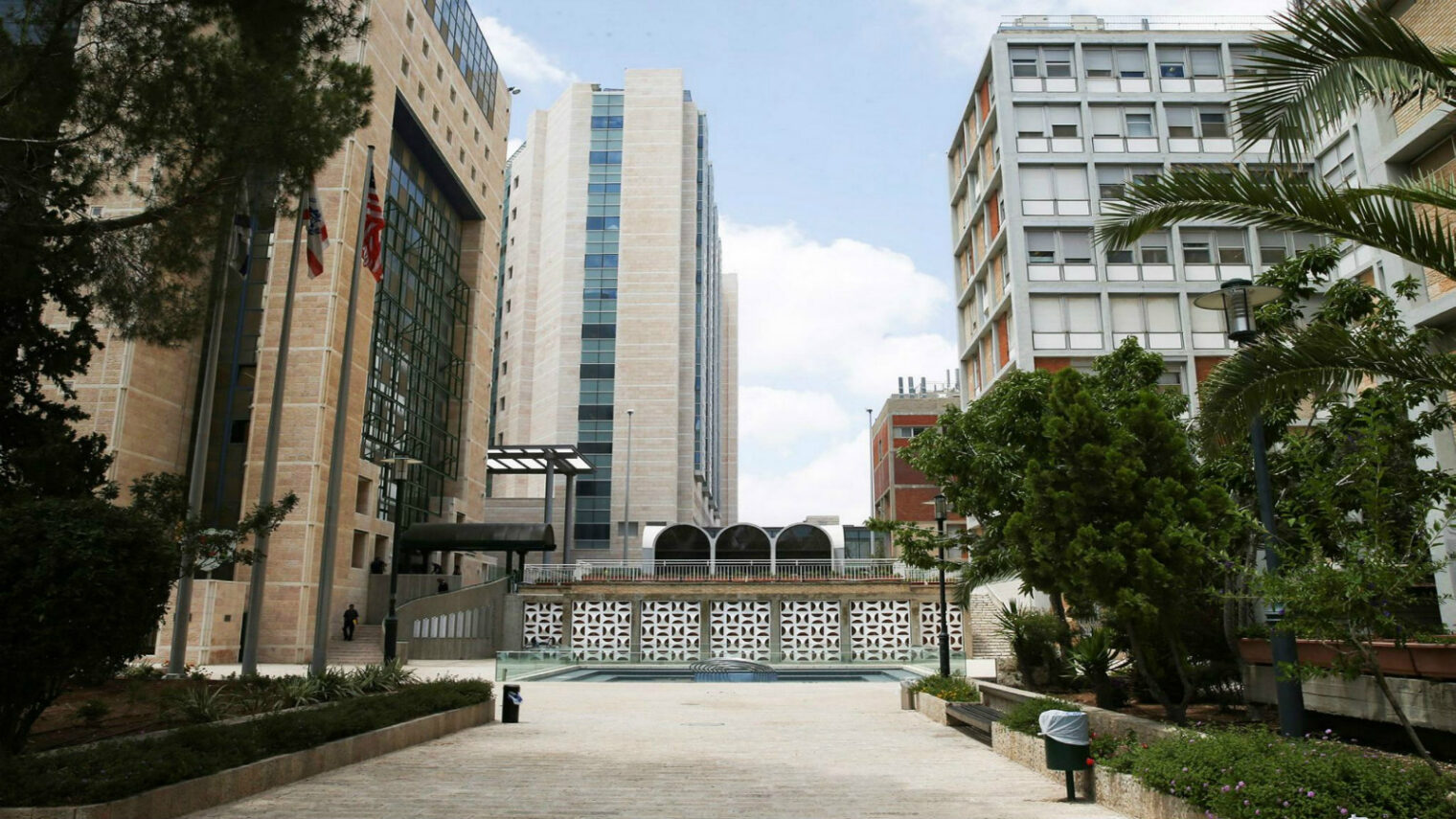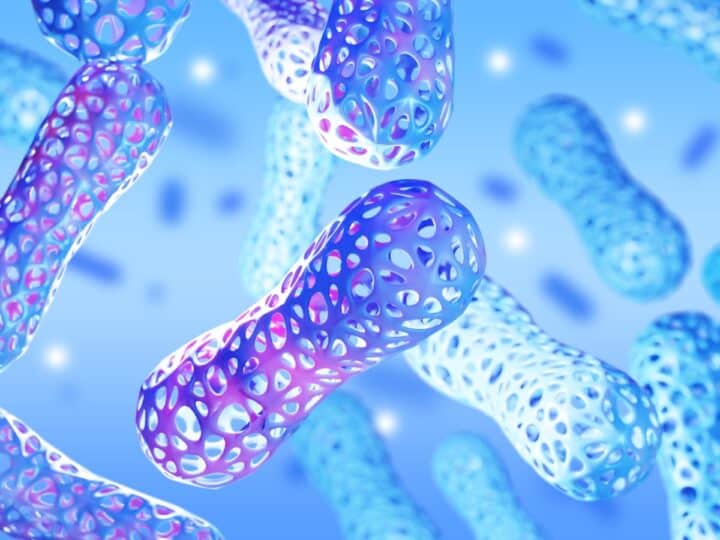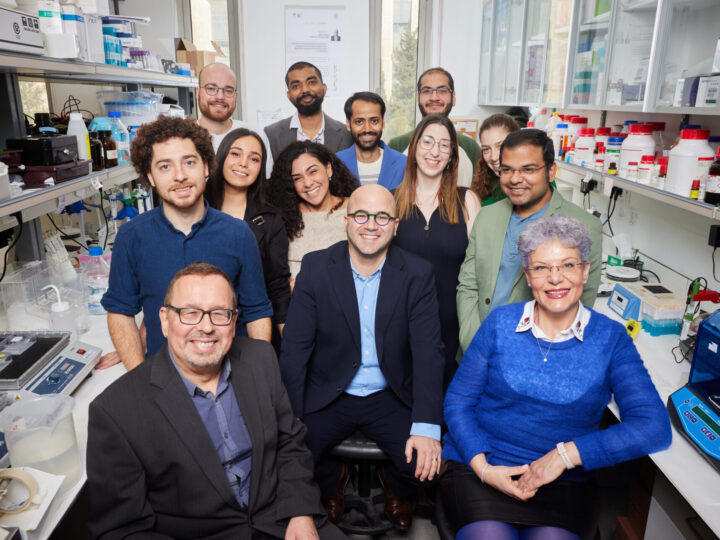As cases of autism spectrum disorder (ASD) continue to increase around the world, the Hebrew University of Jerusalem and the Hadassah Medical Center plan to establish the first interdisciplinary university-based autism center in the Middle East.
The $75 million Autism Center is envisioned as a collaborative and interdisciplinary effort anchored in the Hebrew University’s Faculty of Medicine. There is no word yet on when it is expected to open.
“Our goal in establishing the Autism Center is to lead Israel and the Middle East in research, training, clinical services and community engagement for the benefit of individuals with autism spectrum disorder and their families,” said Faculty of Medicine Dean Prof. David Lichtstein.
The center is intended to bring cutting-edge research, clinical services, state-of-the-art training and education for professionals and parents under one roof. This is a rare comprehensive model; some universities in the Middle East have autism research programs, while others have associations with clinical services.
Lichtstein said that the center’s direct ties with the ASD community will better inform research initiatives and lead to better clinical practice, public programming and policies in support of those who deal daily with ASD, a complex neurodevelopmental disorder diagnosed in approximately 1 percent of children. The Centers for Disease Control (CDC) estimates that one in 68 American children is affected.
Although the Israeli ministries of education, health and welfare provide diagnostic services, intervention programs and support for families, significant gaps exist within the system, he added.
“By bringing together the relevant disciplines at the Hebrew University, including medicine, social work and education, and combining them with the clinical excellence of the Hadassah Medical Center, the Autism Center will be positioned to achieve important breakthroughs in the research, diagnosis and treatment of autism,” Lichtstein said.
The Autism Center, to be directed by Hebrew University social work Prof. Cory Shulman, aims to learn from and work with existing centers, and grow to serve as a model by expanding on current models of interdisciplinary research and service.
Autism advances in Israel
Autism-related scientific studies have been going on in Israel for some time.
In 2013, Sheba Medical Center chief of psychiatry Dr. Mark Weiser and collaborators from the Israel Defense Forces Medical Corps, University of North Carolina, Karolinska Institute in Sweden and King College London demonstrated a possible link between autism and schizophrenia, and autism and bipolar disorder. They discovered that people with a schizophrenic sibling are 12 times more likely to be diagnosed with autism, and that bipolar disorder showed a slightly less significant connection.
Innovative inventions to improve the lives of those with ASD are also coming out of Israel.
One such invention is the BioHug Vest by Haifa-based BioHug Technologies. The portable, non-restraining vest works on the proven principle that pressure on certain parts of the body has a measurable calming effect. It’s used primarily in school and therapeutic settings.
In August 2012, about 1,000 researchers, educators and policy experts joined families affected by autism at ICare4Autism’s 2012 International Autism Conference in Jerusalem to share current research into causes and treatments of the brain disorder.
Hebrew University was one of the sponsors of the conference, along with the Weizmann Institute of Science, Tel Aviv University, the University of Haifa and Bar-Ilan University.
“Israel is the right place for high-tech relevant to the autism field,” said Joshua Weinstein, the New York-based CEO and founder of ICare4Autism. “We have some of the brightest researchers here, working on tremendous studies. There’s a big benefit to Israel, and Israel will help benefit the global community.”

















